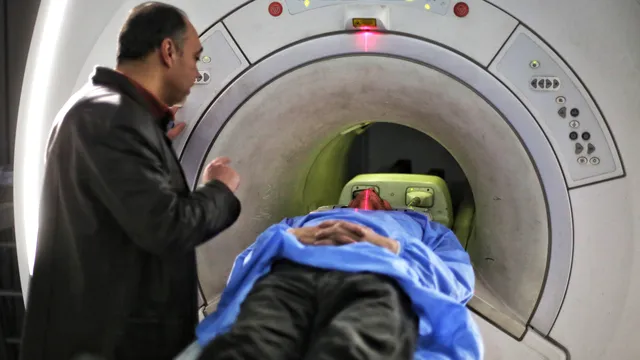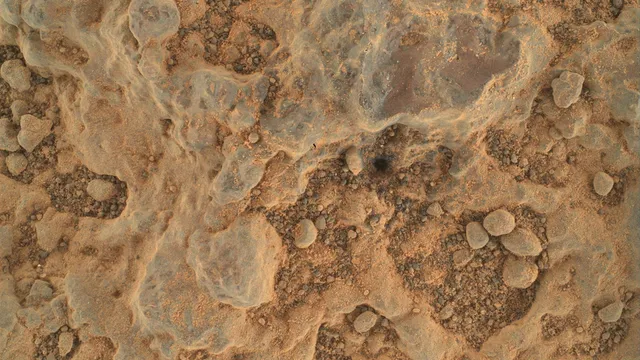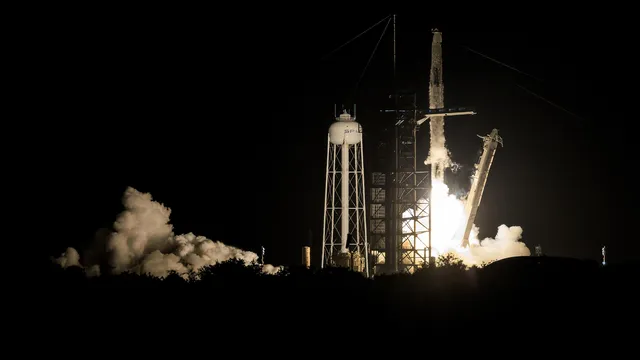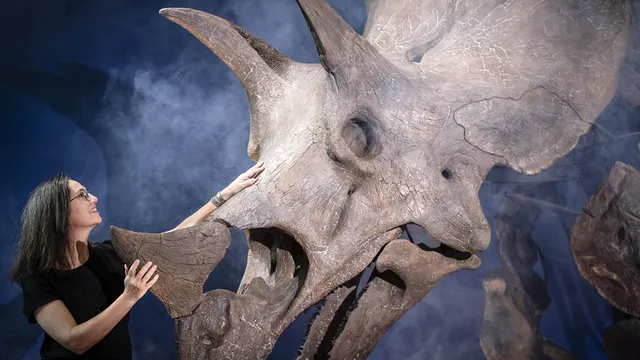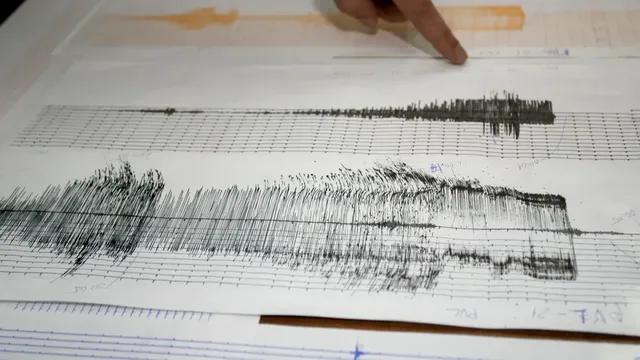Astrophysicist Adam Becker has criticized Elon Musk's idea of colonizing Mars as a refuge for humanity, calling the planet a real hell.
As sustainability-times.com reports, Becker, in an interview with Rolling Stone magazine, called Musk's idea "one of the stupidest things that could ever be said." According to him, even in catastrophic scenarios, the Earth will remain much more habitable. In support of his argument, Becker cites three scenarios: an asteroid strike comparable to the one that destroyed the dinosaurs, global nuclear war, and uncontrolled climate change.
In each of these extreme circumstances, Becker argues, Earth would still be more hospitable than Mars. This is because, despite the massive destruction, Earth would retain such essential elements as a breathable atmosphere, adequate gravity, accessible water, and natural protection from harmful radiation.
On Mars, however, life would be confined to sealed domes, and any failure of vital systems would lead to immediate catastrophe. In contrast, on Earth, even after a planetary catastrophe, there could still be pockets of life that could recover and regenerate.
Terraforming Mars: Science or Science Fiction?
Elon Musk has been very vocal about terraforming Mars, which involves detonating nuclear bombs at the poles, placing giant mirrors in space, and building climate-controlled greenhouses. However, turning Mars into Earth 2.0 is a colossal task that requires:
emitting enough CO₂ to thicken the atmosphere;
creating a sustained greenhouse effect to warm the planet;
creating an artificial magnetic field for protection;
Even if all the CO₂ were released, the atmospheric pressure would only reach 7% of Earth's, which is not enough to survive without a pressurized suit. In addition, there are huge costs to transport materials, food and water over a distance of 50 million kilometers. Becker compares investing in Mars for survival to leaving a destroyed hospital to survive in a radioactive desert without oxygen. "It is better to preserve our planet, even if it is injured, than to face a giant pressure chamber in the open air," he argues. | BGNES

 Breaking news
Breaking news
 Europe
Europe
 Bulgaria
Bulgaria



